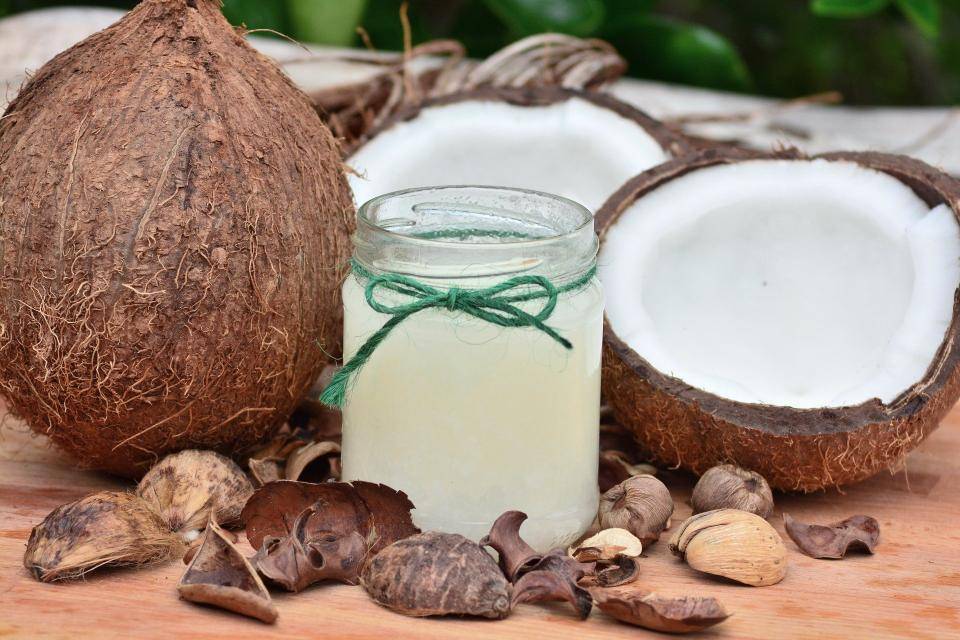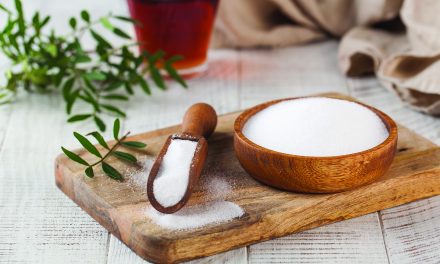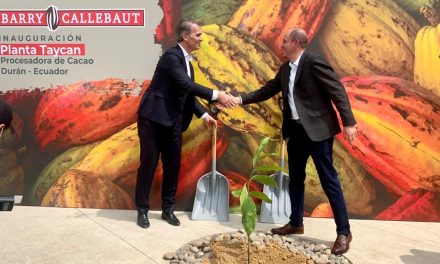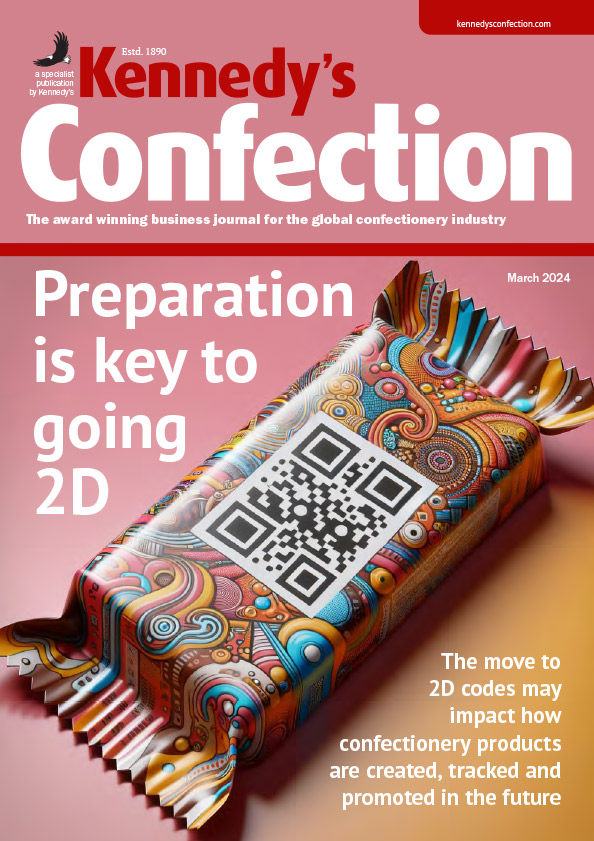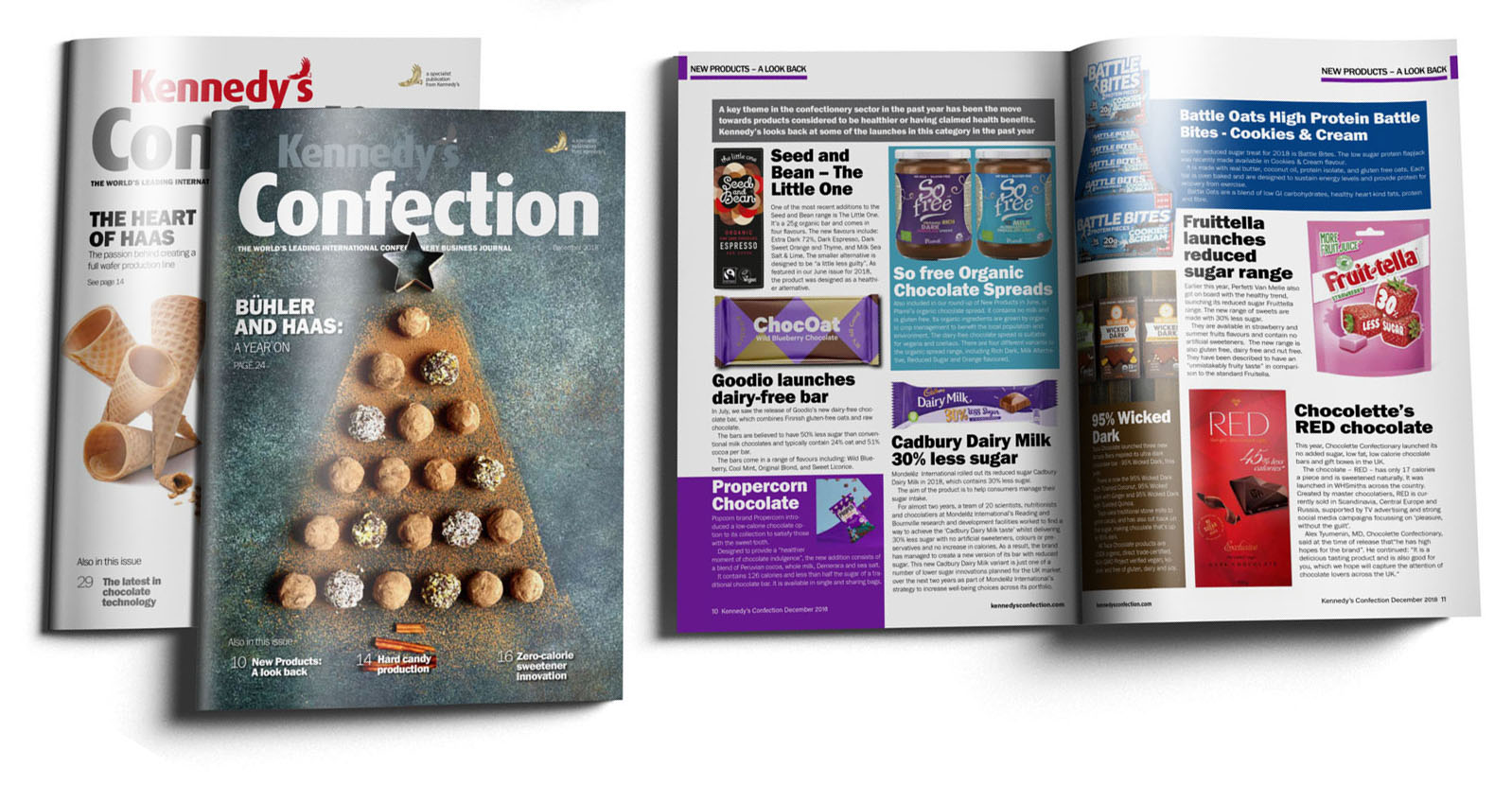Together with Nestlé and Proforest, Barry Callebaut is launching a scorecard to define and develop the previously underestimated issue of sustainable practices in coconut production.
As coconut is a key ingredient in many chocolate products, Barry Callebaut decided to develop a coconut sustainability framework to drive change in this industry. According to the brand, in recent years there has been rapid growth of the global coconut market, paired with significant sustainability challenges. These include aging trees, natural disasters, complex value chains and producers lacking in market, finance and technical know-how.
Building on its work to improve traceability within its coconut supply chain, the trio is launching the Sustainable Coconut Supplier Scorecard and Sustainable Origins Assessment.
Madeleine Eilert, Sustainable Sourcing Lead for Coconut at Nestlé, said: We are dedicated to achieving transparency and traceability in our supply chains, including in sourcing coconut as a raw material for our products.
“The supplier scorecard and origins assessment we are developing together with Barry Callebaut will enable us to fully understand current and future challenges in sourcing this raw material and to address gaps in sustainable coconut production. This set of tools will also be beneficial in creating an alignment among companies and defining a common framework to drive changes in the industry.”
The Sustainable Coconut Supplier Scorecard and Sustainable Origins Assessment will allow the three organisations to assess sustainability risks at the sourcing locations/origin countries of its coconut supply chain, set clear improvement targets and track performance over time.
It will also help enhance traceability by mapping out supply chain actors and introduce a tangible incentive for suppliers and coconut origins to make improvements.
By 2022, this assessment is expected to be rolled out with all of Barry Callebaut’s coconut oil suppliers, in addition to its annual traceability assessment.

